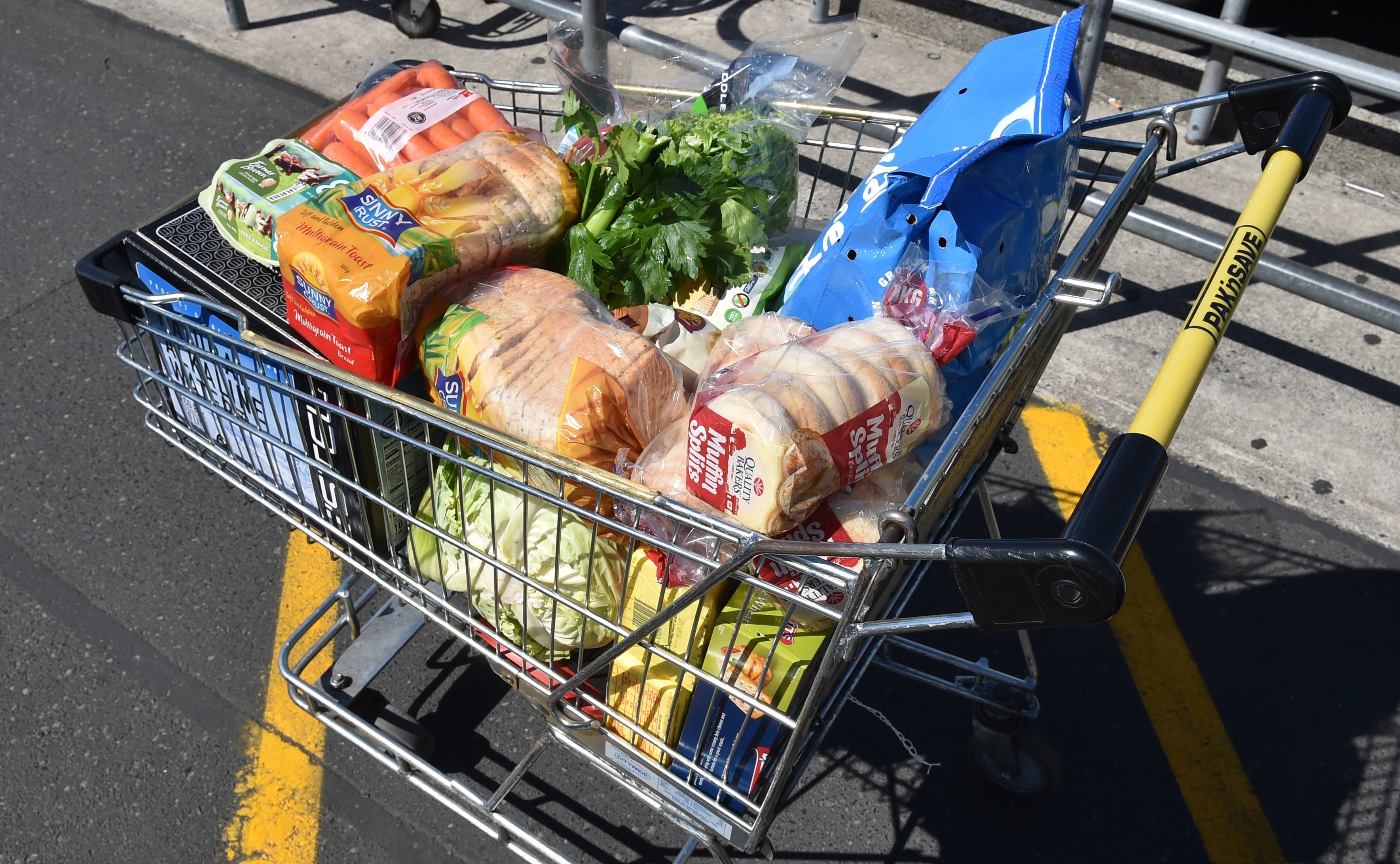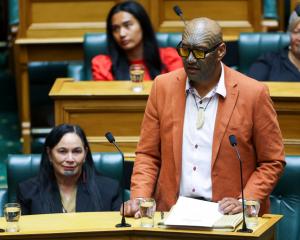
Naturally that figure, and that percentage, will vary from household to household, but there is one thing all New Zealanders can agree on — a trip to the supermarket will leave you substantially worse off than before you left home.
New Zealand has several different supermarket chains, but collectively most are owned by two major operators: Woolworths and Foodstuffs have an 80% market share of the grocery sector.
There have been anecdotal claims for years that this duopoly has driven up the prices for the staple goods Kiwi households can not do without, and statistics would seem to agree. OECD data suggests that New Zealand had the fourth-highest expenditure in the OECD on groceries in 2022, and that our prices were 9% higher than an international average.
Successive governments have talked about reforming the grocery sector, and the last Labour government took tentative steps to doing something about it. Having requested a Commerce Commission market study of the supermarket businesses, it followed up with a suite of legislative changes which included tackling issues such as land banking of potential new supermarket sites.
Well intentioned as those reforms were, no multi-national has since come riding to New Zealand consumer’s rescue to set up a competing grocery chain. CostCo has opened a store in Auckland but made no attempt to expand, while other touted potential competitors, including Dunedin-founded convenience store chain Night ’n Day and The Warehouse, have also thought it prudent not to tackle the supermarket behemoths.
It is not hard to understand why. To compete on any sense of scale would cost billions, once land purchases, building costs, the expense of establishing supply networks and the hiring of staff, to name but a few set-up expenses, are added up.

However, it was anything but.
"I also want to know what regulatory and commercial barriers to competing potential new entrants see and what they would like the government to do about those barriers," Ms Willis said.
She is well aware of what the barriers are: the Commerce Commission study offered more than ample background information. But her invitation for possible operators to tell the government what it needed to do to help them get established was significant.
The unspoken caveat to that is that the government — which, lest we forget, is dominated by parties which are generally philosophically inclined to let the market decide most economic questions — is actually willing to consider state intervention of some sort in the supermarket sector.
Such an exercise of power has been rare in recent decades, but it is not unprecedented: the telecommunications and electricity sectors have both been subject to reform, although not without controversy and not without a struggle.
Ms Willis knows the scale of the problem — major multi-site businesses do not magically appear overnight, and to survive any new supermarket operator will probably need to secure about 10% market share relatively quickly.
But she did not shy away from the challenge: while not using a stick yet, her speech raised potential initiatives such as splitting existing brands owned by the big two back into separate businesses, splitting wholesale and retail provision of groceries, or other divestment options.
Ms Willis said that New Zealand could not cross its collective fingers and hope that a competitor would emerge, a clear signal to the duopoly that this minister, at least, is determined to see progress on her watch.
It will be slow, but Ms Willis gives every sign that she does not intend her rhetoric to be hollow. Consumers will be watching closely and hoping that is indeed so, and that genuine price relief might eventually be on the way.













